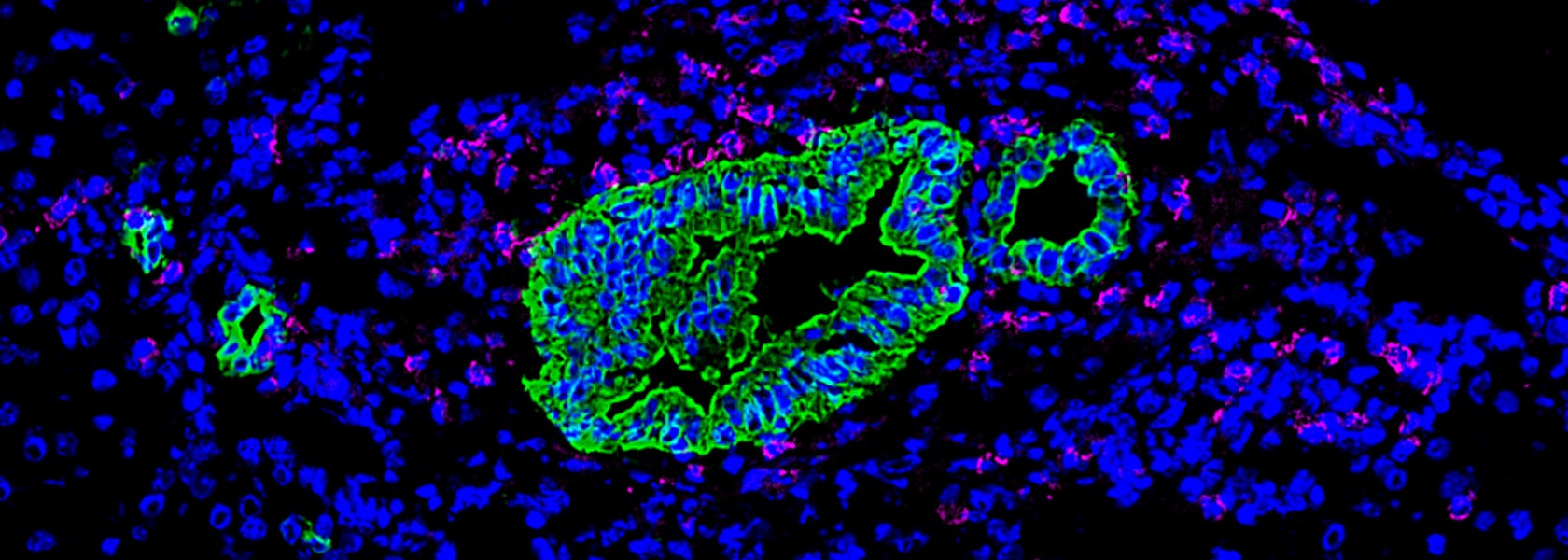

Background
Liver and biliary diseases are high-burden and under-researched medical conditions in Europe. A multitude of antigens and signals derived from metabolism, nutrition and microorganisms reach the liver via the portal vein and via the mucosal surface of the biliary tract. As an aggressive immune response to all these antigens would cause severe tissue damage, the liver has evolved effective mechanisms to control inflammation and induce immune tolerance. However, hepatic immune tolerance might come at the expense of a survival benefit for cancer cells and hepatotropic viruses by preventing their recognition and elimination by the immune system.
The central hypothesis of CRC 1700 is that the regulation of immune responses is a key function of the liver that determines organismal health. We propose thatfaulty orchestration of cellular interaction and signalling within the hepatic microenvironment can lead either to immune-mediated inflammation and autoimmune disease, or to persistent infections and cancer. To understanding the mechanisms of hepatic immune regulation that govern the development of tolerance or immune activation, this CRC brings together clinician scientists, medical scientists and expert computational scientists in an interdisciplinary and synergistic environment structured in Project Area A and Project Area B.